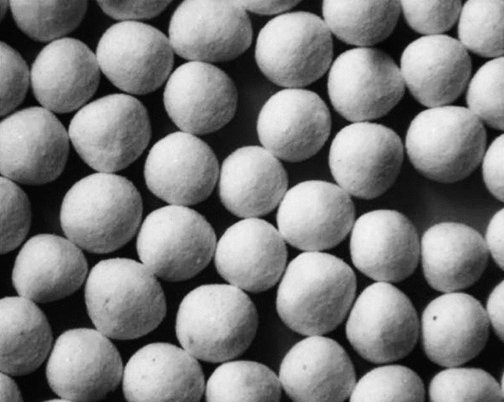I just finished reading the book “Be My Guest” by Conrad Hilton, the man that built the Hilton Hotel empire. What a great autobiography!
The entrepreneur in me loved the intricate detail he went into for how he found and focused on his hotel acquisitions, then he talked with actual dollar amounts and figures of how he raised the money to purchase his acquired hotels.
And his account of the hotel bidness during the Great Depression was very interesting (fun fact: he was nearly wiped out during the GD).
One of the things that I admired was how he squeezed every cent of income and profit out of his hotels, especially when he acquired an underperforming hotel! For instance, he would often analyze in his early days how to get more sleeping space in the hotel. In an oil boom town in Texas, where he acquired his first hotel, the lobby area was spacious, yet they were turning away potential customers because all the existing rooms were booked. They were booking rooms in 8 hour time slots!
Right after he bought, he took some of the unused space in the lobby and created small “overflow” rooms to rent out! He was squeezing fresh and tasty income from his assets, from places that were already there, they just required a new set of eyes and analysis to see!
Kinda reminds me of the new information we have regarding micro proppants.
Some Halliburton engineers were thinking about ways to squeeze more oil and gas flow out of wells.
They knew that the hydraulic fracture network throughout the shale is immense and holds a vast amount of surface area, but much of this surface area is in “micro” and tiny fissures and fractures that are too *small* for normal proppant — even 100 mesh! — to fit into.
We’re talking microns here.
However, they found that if they sent down “microproppant” first with the initial blast of proppant, this microproppant “held open” the tiny micro fractures in the shale, and allowed for increased flow from the well.
At Global Energy Labs, we are trying to help this new niche within the proppant testing space by:
(1) continuing the research on micro proppants
(2) development of a test procedure for micro proppants (because the typical proppant test procedures don’t work too well)
(3) performing tests on client proppant to see if they might be able to break into this emerging market
For updates on our microproppant testing services and procedures, go here!
Check out our other social media pages!
